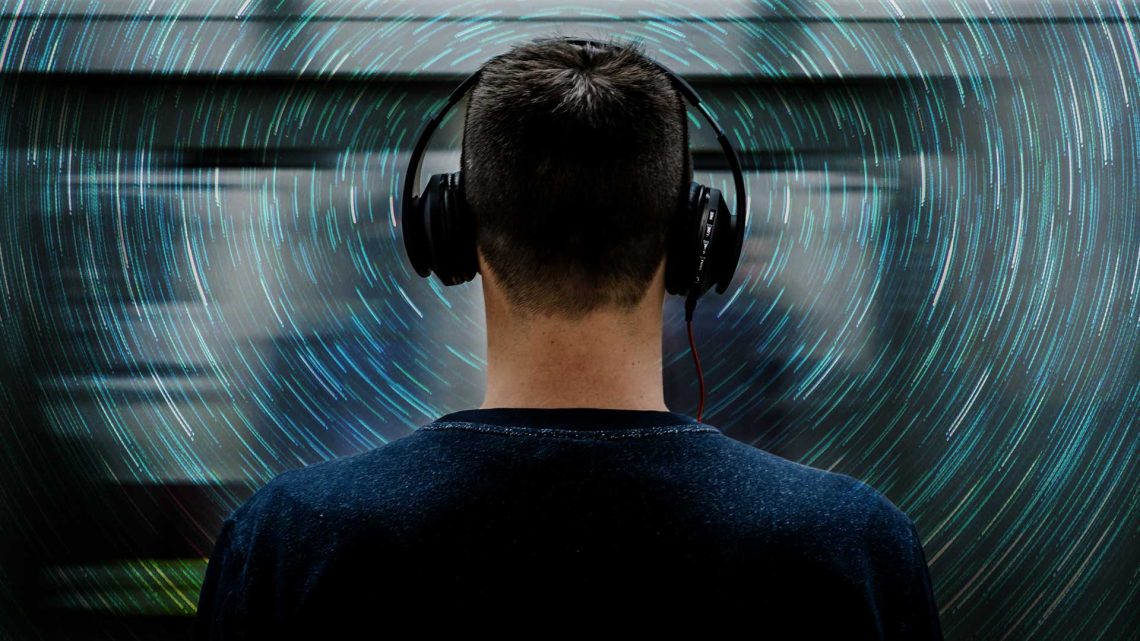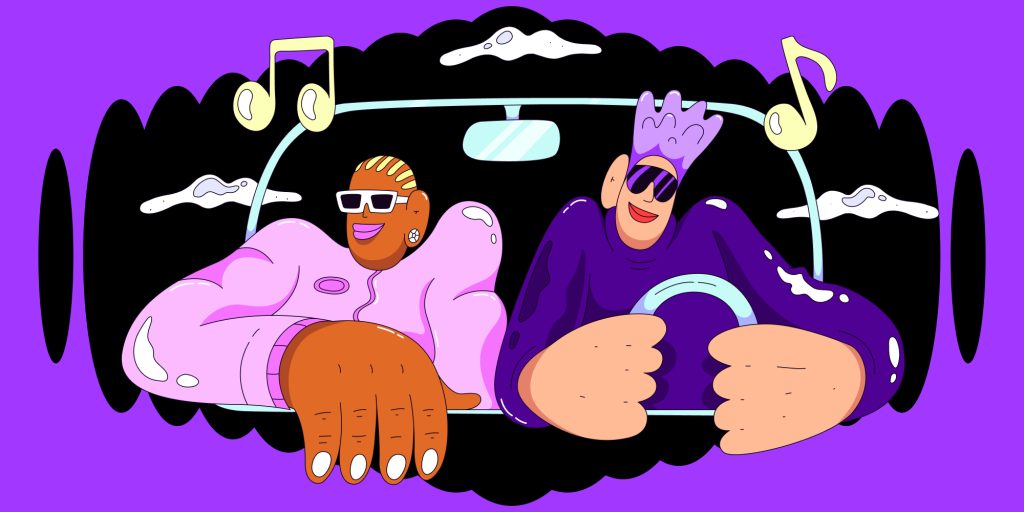Music and Memory: How Songs Can Trigger Powerful Recollections
01.02.2024
Music possesses a unique ability to transport us back in time, evoking vivid memories and emotions with astonishing clarity. Whether it’s a beloved childhood lullaby, a favorite song from our teenage years, or the soundtrack to a momentous event, melodies have the power to unlock hidden memories and trigger powerful recollections. In this exploration, we delve into the fascinating relationship between music and memory, uncovering the mechanisms behind this phenomenon and its profound impact on our lives.
The Connection Between Music and Memory:
The link between music and memory is deeply rooted in the intricate workings of the human brain. Research has shown that music activates multiple regions of the brain associated with memory, emotion, and sensory processing, including the hippocampus, amygdala, and prefrontal cortex. These regions play a crucial role in encoding, storing, and retrieving memories, particularly those associated with strong emotional experiences.

Music has a unique ability to bypass the brain’s cognitive filters and directly access our emotional and autobiographical memory systems. Certain songs or melodies become deeply intertwined with significant events, people, and emotions in our lives, serving as potent triggers for recollection. Even in cases of neurological conditions such as Alzheimer’s disease and dementia, where other forms of memory may be impaired, music can often still evoke profound emotional responses and spark moments of clarity and connection.
The Role of Emotional Associations:
One of the key mechanisms underlying the connection between music and memory is the formation of emotional associations. When we hear a particular song, our brains automatically retrieve memories and emotions associated with previous listening experiences. These emotional associations can be positive or negative, depending on the context in which the music was originally encountered.
For example, a song that was playing during a joyful celebration may evoke feelings of happiness and nostalgia, while a song associated with a traumatic event may elicit feelings of sadness or anxiety. The emotional intensity of these associations enhances the salience and vividness of the memories, making them more likely to be recalled when the music is heard again in the future.
Music as a Time Capsule:
In addition to triggering specific memories, music has the remarkable ability to encapsulate entire periods of our lives, serving as a time capsule of our personal experiences and cultural zeitgeist. Certain songs or albums become synonymous with particular stages of life, from adolescence and young adulthood to marriage, parenthood, and beyond. Listening to these “soundtracks of our lives” can transport us back to the sights, sounds, and emotions of bygone eras, allowing us to relive cherished moments and reflect on our personal growth and evolution.
The Therapeutic Power of Music:

The profound connection between music and memory has led to its widespread use in therapeutic settings to enhance cognitive function, improve mood, and foster emotional well-being. Music therapy harnesses the evocative power of music to engage clients in reminiscence, stimulate cognitive function, and promote social interaction. For individuals with Alzheimer’s disease, dementia, or other forms of memory impairment, music therapy can provide a sense of comfort, connection, and continuity in the face of cognitive decline.
In conclusion, the relationship between music and memory is a testament to the remarkable capabilities of the human brain and the profound impact of music on our lives. Whether it’s the melody of a childhood lullaby, the lyrics of a love song, or the beat of a favorite dance track, music has the power to transport us across time and space, unlocking memories and emotions we thought were long forgotten. By understanding and harnessing the therapeutic potential of music, we can tap into its transformative power to enhance our cognitive function, uplift our spirits, and enrich our lives.
For further exploration of the connection between music and memory, visit Root Hog Music (https://roothogmusic.com/), where you can discover a wealth of recordings, resources, and insights into the profound influence of music on our memories and emotions.


